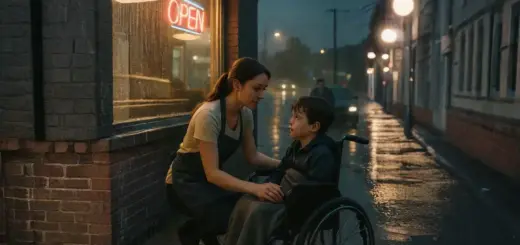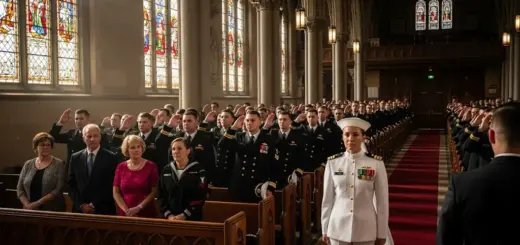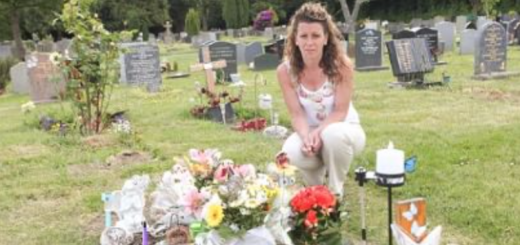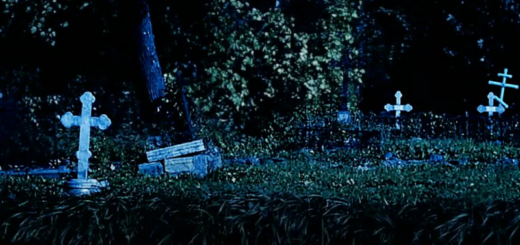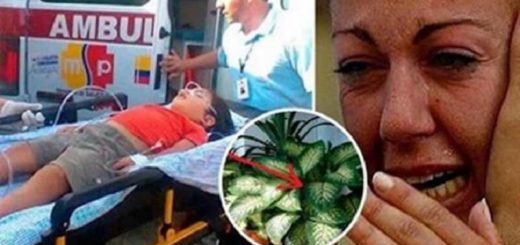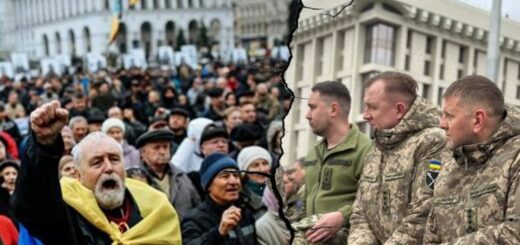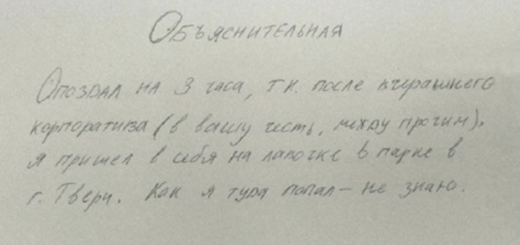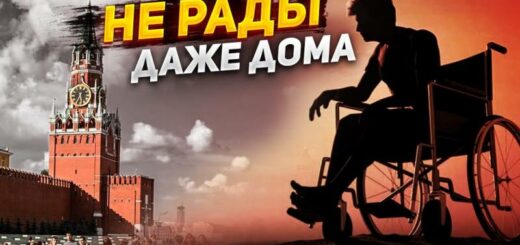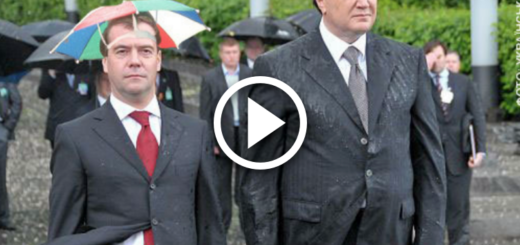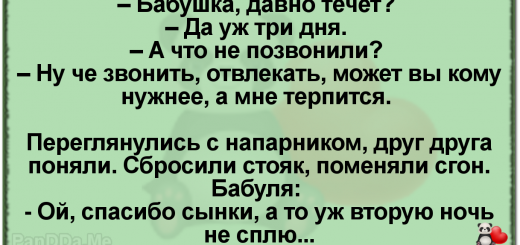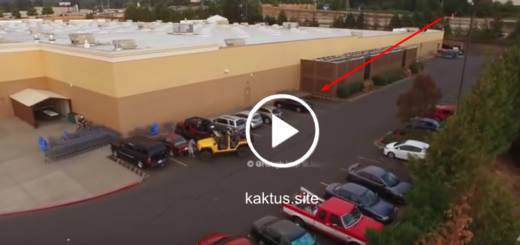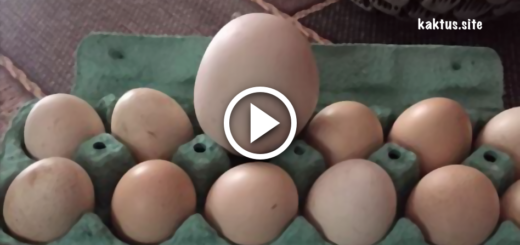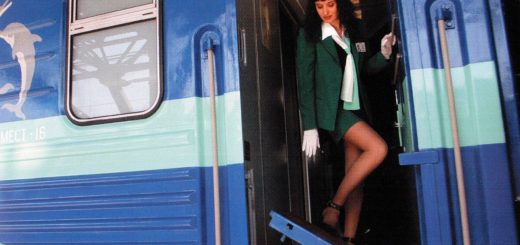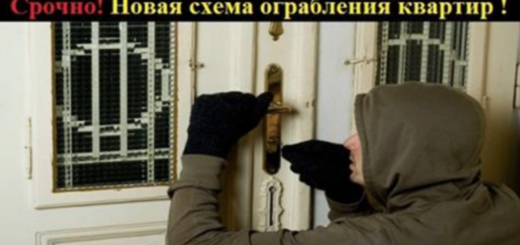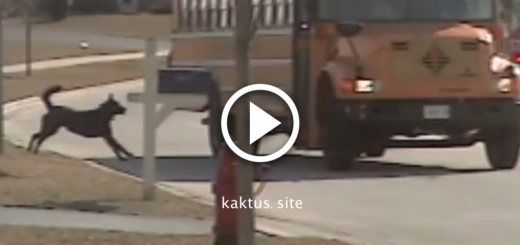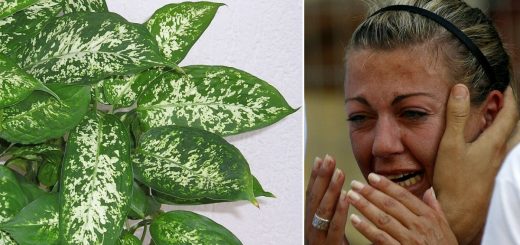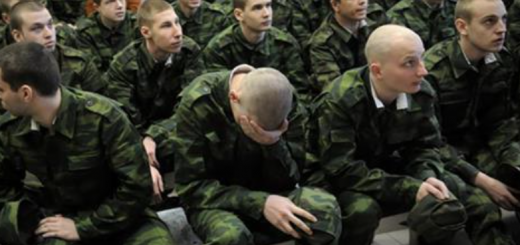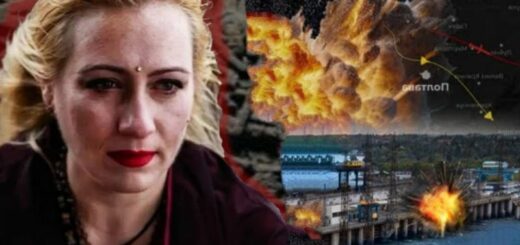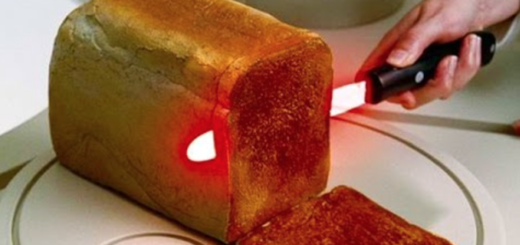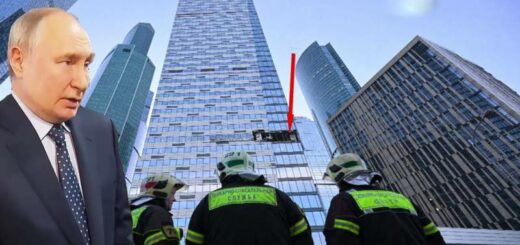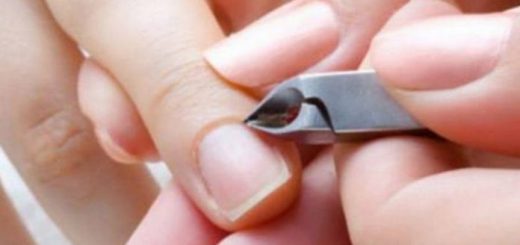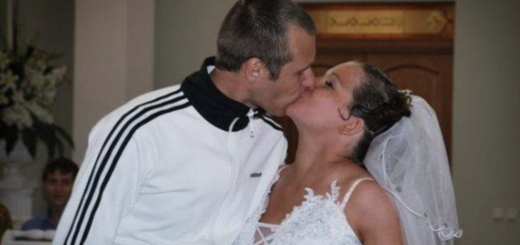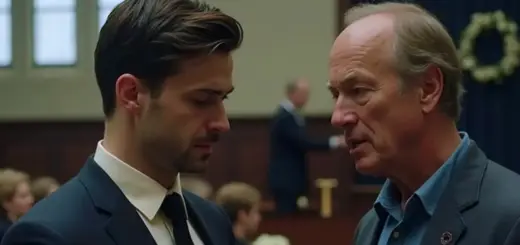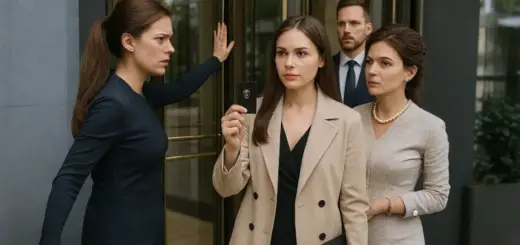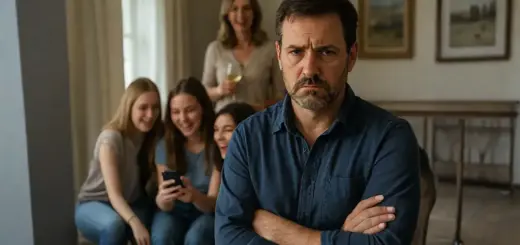Breakfast in the Rayfield house followed a strict hierarchy. Vernon got his eggs over easy with thick-cut bacon. Patricia took her coffee black with whole-wheat toast. Colton and Bridget got whatever they wanted, usually sugary cereal or pancakes Patricia would make fresh. I got what was left, if there was anything left. Most mornings, I made do with stale bread and peanut butter I’d hidden in my room.
«Dennis needs to learn that nothing in life is free,» Patricia would tell her church friends when they’d comment on how thin I looked. «We’re teaching him work ethic. It’ll serve him better than handouts.»
My chores started at 4:30 a.m.: feed the chickens, milk the cows, and muck out the horse stalls, all before school. I’d arrive exhausted and smelling faintly of manure, no matter how hard I scrubbed. Colton would pass me in the halls without acknowledgment, surrounded by his football teammates. Bridget would actively step away if I got too close, telling her friends I was «just the help who lives with us.»
After school, when other kids had sports practice or hung out at the diner, I had more work. I was mending fences, hauling feed, and fixing whatever machinery Vernon had deliberately let break. He taught me to repair engines not out of fatherly guidance but because he needed free labor. By the time I was twelve, I could rebuild a tractor engine; by fifteen, I was doing all the maintenance on every vehicle they owned while Colton couldn’t even change a tire.
«You’re lucky we feed you,» Vernon said one night when I asked why I couldn’t join the family for Thanksgiving dinner at the main table. «Your own mother didn’t want you. What makes you think you deserve to sit with real family?»
The cruelty was calculated. Patricia kept exactly one photo of me in the house, taken when I was about seven. In it, I stood apart from the family, off to the side like an afterthought. She’d show it to visitors as proof of their charity. «We treat him like one of our own,» she’d lie while I served lemonade to her book club, as invisible as furniture.
School was my only escape. Teachers liked me because I worked hard and studied harder. Mrs. Henderson, my eighth-grade English teacher, once pulled me aside. «Dennis, you’re bright enough for college. Have you thought about your future?»
«Kids like me don’t go to college,» I’d told her, repeating what Vernon had drilled into my head. She’d looked at me strangely then, like she wanted to say something but couldn’t find the words. Years later, I wondered if she suspected something was wrong, but in small towns, you don’t question families like the Rayfields.
The difference between me and the Rayfield children was most obvious at Christmas. They got laptops, cars, and vacation trips. I got work boots and maybe a used winter coat from Goodwill. But what hurt more than the gifts was the pretense. Patricia would hand me my single-wrapped present with a smile for the church friends they’d invited over, then turn cold the moment the guests left.
By eighteen, I’d saved every penny Vernon grudgingly paid me for what he called «extra work,» though it was all extra since regular work was just expected. Two thousand dollars hidden in a coffee can got me a security deposit on a cramped apartment above Hazel’s Diner in town. The day I moved out, Patricia’s only words were, «Don’t expect to come crawling back when you fail.»
But I didn’t fail. I got a job at Brennan’s Hardware, where Sherman Brennan treated me with more kindness in one day than the Rayfields had shown in eighteen years. «You’re a good worker, Dennis,» he’d say. «Reliable, honest. That’s rare these days.»
I built a life from nothing because I thought nothing was all I deserved. Every night in that tiny apartment, I’d wonder about my birth mother. What kind of woman abandons her child on a doorstep in winter? What was so wrong with me that even she couldn’t love me? These questions haunted me for thirty years, poison the Rayfields had poured into my soul one drop at a time. Except none of it was true.
Vernon’s death came suddenly on a Tuesday morning in September—a massive heart attack while branding cattle, dead before he hit the ground. The whole town turned out for the funeral, packing the First Baptist Church to capacity. I stood in the back row, uninvited to sit with the family despite thirty years under their roof. «This section is for blood relatives, Dennis,» Patricia had said that morning, her voice as sharp as winter wind. «You understand?» I understood perfectly.
Even in death, Vernon commanded the narrative. The pastor called him a pillar of the community, a devoted father, and a Christian example of generosity. «He and Patricia opened their home to a child in need,» Reverend Morrison announced, gesturing vaguely in my direction. «That takes a special kind of heart.» The congregation murmured their amens while I fought the urge to vomit.
That’s when I noticed the stranger. He stood out like a diamond in a coal mine, wearing a charcoal suit that probably cost more than I made in six months. While everyone else focused on the service, he kept staring at me, pulling out his phone to check something, then staring again. His hands trembled as he held what looked like old documents against his chest.
After the service, the crowd moved toward the cemetery. Patricia walked past me, flanked by Colton and Bridget, all three dressed in expensive black clothes that screamed inheritance money was already being spent. The stranger hung back, waiting until most people had left. «Dennis Rayfield?» His voice shook like a man about to deliver news that would change everything.
«Yeah, that’s me.»
He stepped closer, and I could see sweat on his forehead despite the cool September air. «No, it’s not. Your name is Christopher Thorn. I’m Winston Aldrich, a private investigator. I’ve been searching for you for twenty-eight years.»
The words hit like physical blows. My chest tightened. The church suddenly felt too small, too hot. «You’re mistaken. I’m adopted, but my name has always been Dennis.»
«You weren’t adopted,» Winston said, pulling out a leather folder with shaking hands. «You were taken—kidnapped from a park in Boston when you were five years old. Your parents, your real parents, are Eleanor and James Thorn. They own Thorn Industries. They never stopped searching.»
He spread newspaper clippings on the pew between us. The first headline screamed, «Five-Year-Old Heir Vanishes from Beacon Hill Park.» Below was a photo that stopped my breath. It was me—younger, but unmistakably me, wearing clothes I recognized from hazy dreams I’d dismissed as imagination. Another clipping was from five years ago: «Thorn Family Increases Reward to $93 Million for Information on Missing Son.»
«This is insane,» I managed to say, though my throat felt lined with sandpaper. «The Rayfields found me on their doorstep. There was a note. The sheriff investigated.»
Winston’s face darkened. «The sheriff was Patricia’s cousin, right? Robert Henley? He died ten years ago, but we found his widow. She confirmed he helped cover it up, falsified the reports, and created the adoption papers.»
My legs threatened to give out. I sat hard on the pew, my mind racing through thirty years of memories, reframing everything. Every cruel word, every withheld meal, every reminder that I wasn’t «real family» suddenly made horrifying sense.
«Vernon Rayfield worked as a contractor in Boston thirty years ago,» Winston continued, his voice steady but urgent. «He was part of the crew renovating the playground at Beacon Hill Park, the same park you disappeared from. The week you vanished, Vernon suddenly quit his job, telling his boss there was a family emergency back in Montana. He bought the ranch with cash two months later. Ninety thousand dollars in cash, Dennis. Where does an unemployed contractor get ninety thousand dollars in cash in 1994?»
The room spun. Through the window, I could see the funeral procession heading to the cemetery, Patricia in her widow’s veil, playing the grieving wife while her husband’s victim sat in the church he’d fooled for three decades. «Your mother is alive,» Winston said softly. «Eleanor Thorn. She’s barely holding on. The doctors say hope is the only thing keeping her going.»
«She’s been in and out of hospitals—panic attacks, depression, two suicide attempts. Your father, James, died three years ago. His last words to me were to never stop looking for you.» Winston pulled out another photo, this one recent. A woman in her sixties stood in front of a glass building, and even from a distance, I could see she had my eyes.
«She needs to know you’re alive, Christopher,» he said. «She spent thirty years wondering if you’re hurt, if you’re scared, if you remember her at all. She keeps your bedroom exactly as it was the day you disappeared, every toy, every book waiting for you to come home.»
I thought about my storage room off the garage, the single window facing the tool shed, the winters spent seeing my breath indoors. Meanwhile, somewhere in Boston, a bedroom had been waiting for me for three decades.

